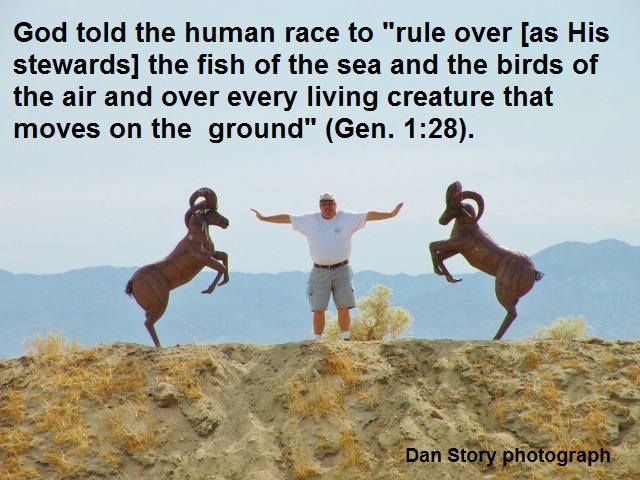
Part Two: “What Was the Christian Role in the Animal Rights Movement? When Did the Radical Faction Emerge? What Do They Believe?”
Last week’s blog raised the question of whether or not the typical, historic Christian view of animal rights is God-honoring or if today’s radical faction of the movement is more on track with biblical revelation. Today, we’ll look briefly at the history of animal rights and when the radical wing evolved—which has resulted in a profound social and moral movement among many animal rights advocates.
The animal rights movement began in the 19th century and parallelled the emergence of the “humanitarian movement” of the same era, which sought, among other things, to end slavery and the oppression of Children. It has since become one of the largest social movements in Western culture.
It may surprise readers that the founding fathers of the movement were often Christians. William Wilberforce, usually associated with his long struggle to abolish slavery in the British Empire, along with Anglican priest Arthur Broome, founded the Royal Society for the Prevention of Cruelty to Animals in 1824. The RSPCA is the oldest and largest animal welfare organization in the world. The founders considered the Society a Christian endeavor grounded on Christian principles. Following RSPCA’s lead, numerous other groups quickly emerge, including the American Society for the Prevention of Cruelty to Animals, established in 1866.
The Rise of the Radical Animal Rights Movement
During the 1970s, segments of the animal rights movement began to embrace a more radical moral philosophy than their predecessors, one which went far beyond preventing cruelty to animals. It eventually spawned People for the Ethical Treatment of Animals (PETA) and other aggressive animal rights organizations. The writings of bioethics professor Peter Singer and American philosopher Tom Regan, along with other like-minded activists, elevated the value of animals to the moral equivalency of humans. They insisted that animals have an intrinsic right to live independent and free from human intervention. They should not be considered property; they should receive the same protection under the law as people; and rarely, if ever, should they suffer pain on behalf of human welfare. Those on the extremist fringe even argue that animals should be awarded the status of personhood, and, in some cases, are of greater value than humans. Peter Singer, for example, taught that the life of a disabled newborn “is of less value than life of a pig, dog, or a chimpanzee.” People who disagree with this are accused of “speciesism”—prejudice and discrimination against animals on par with racism and sexism.
In light of the growing acceptance of this radical form of animal rights, Christians must ask themselves three questions and seek biblical guidance as we respond to them, if we are to bring back Christian principles and values into the movement. (These teachings do not compromise the humane treatment of animals; in fact, they can help both Christians and non-Christians understand the value God puts on all animal life.) First, do animal rights advocates have a just cause? Second, do animals have value to God beyond their usefulness to people? And third, do humans have a moral responsibility to non-human life? These questions will be answered beginning in next week’s blog post. ©